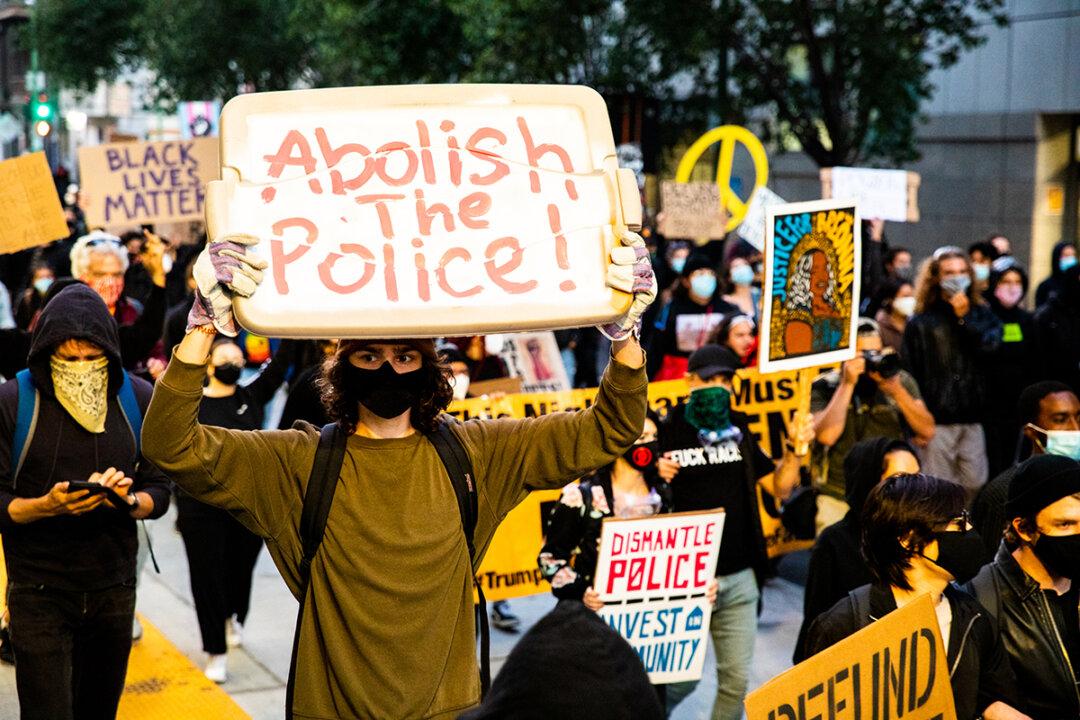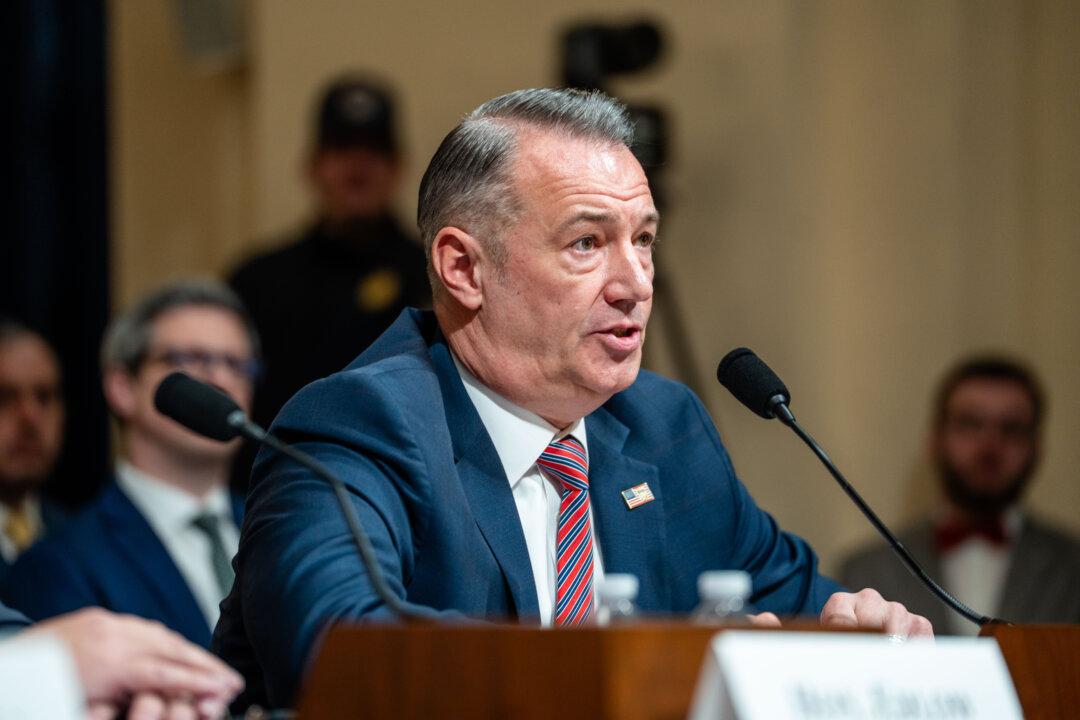Several police unions are disputing a recent survey by WalletHub that named California the best state in the nation to be a police officer, saying the reality is far different than the ranking.
According to the credit report platform, California ranked first among all U.S. cities for police officers because it spent the highest per capita on public safety, and state and local police.





